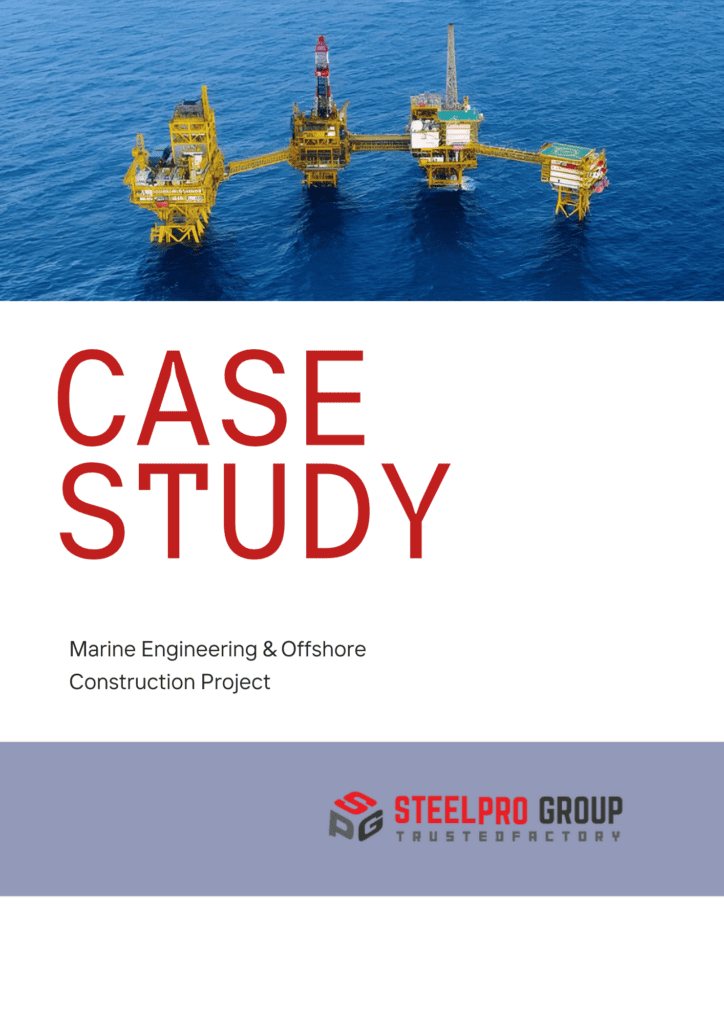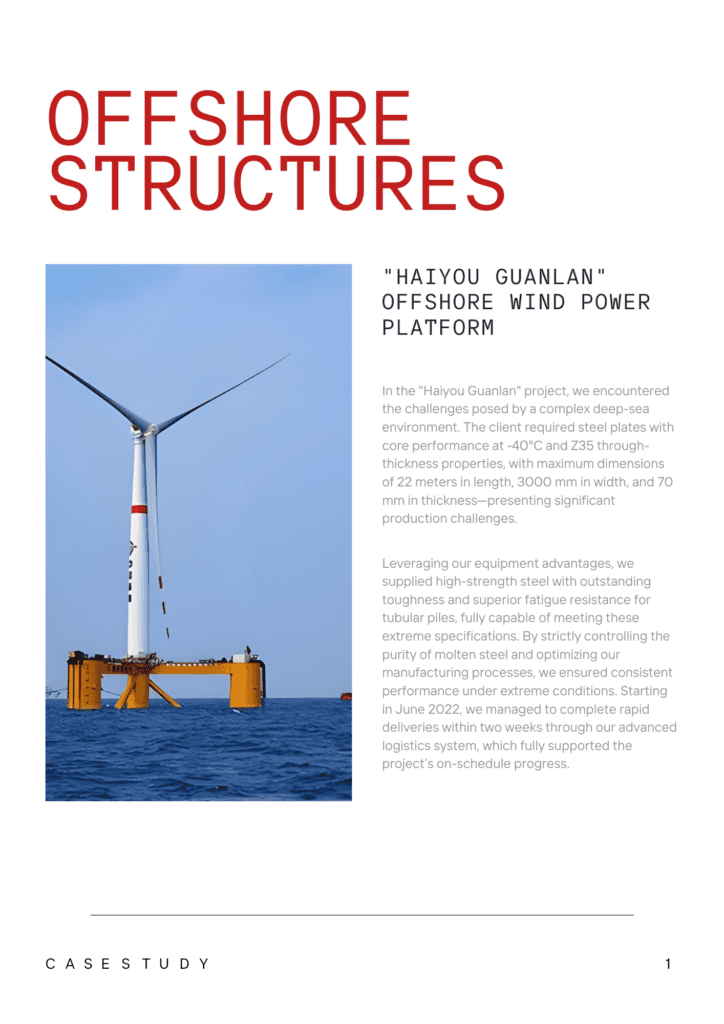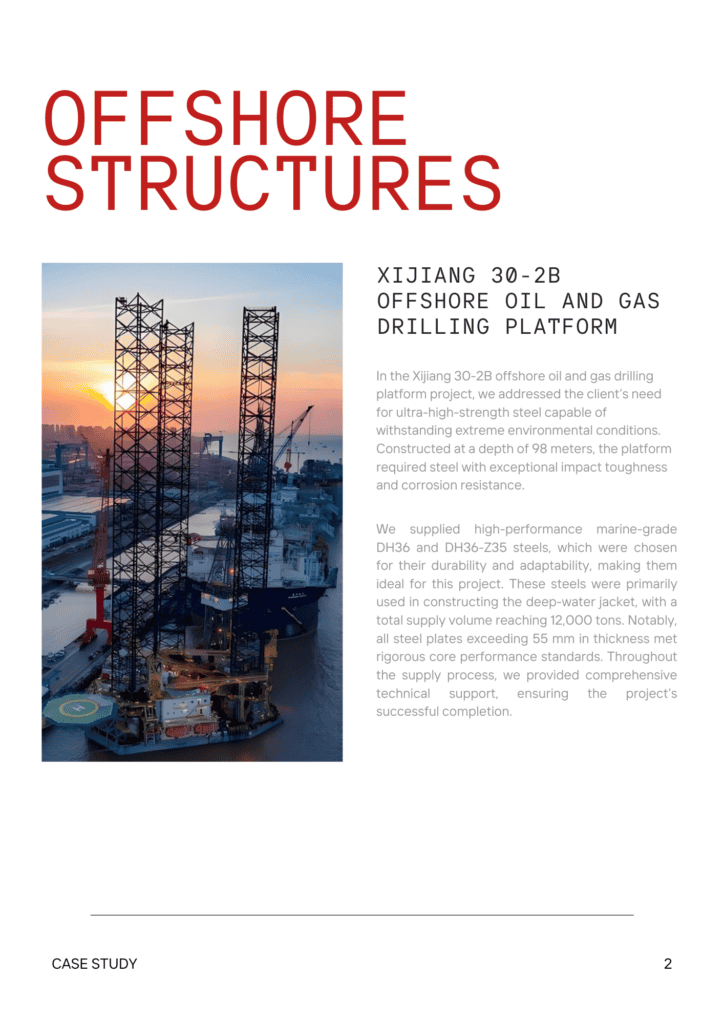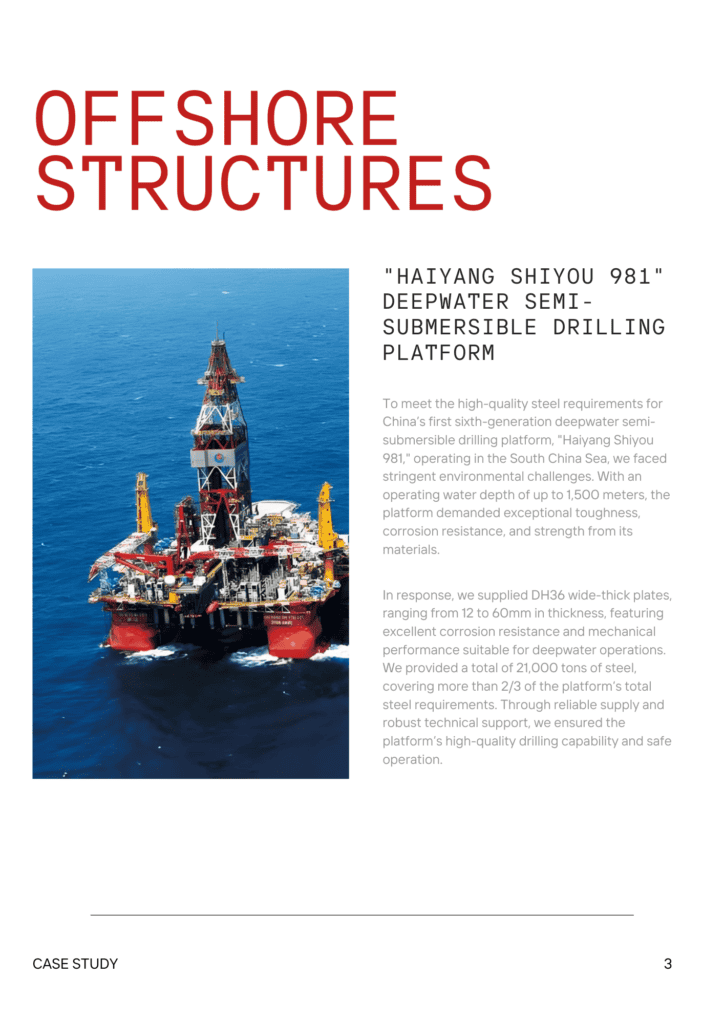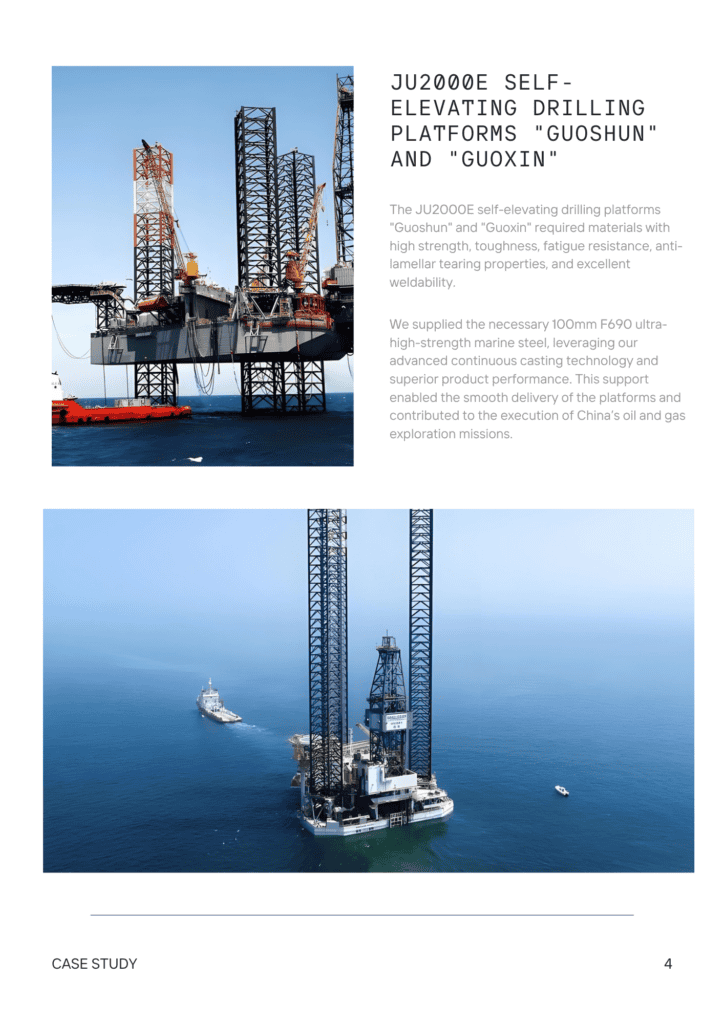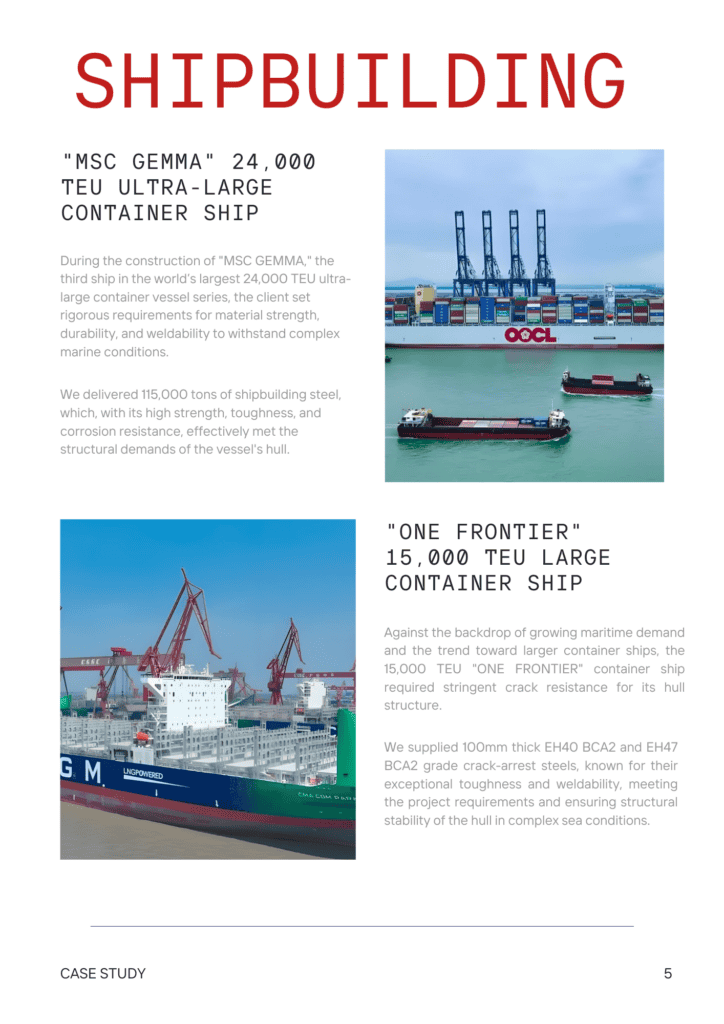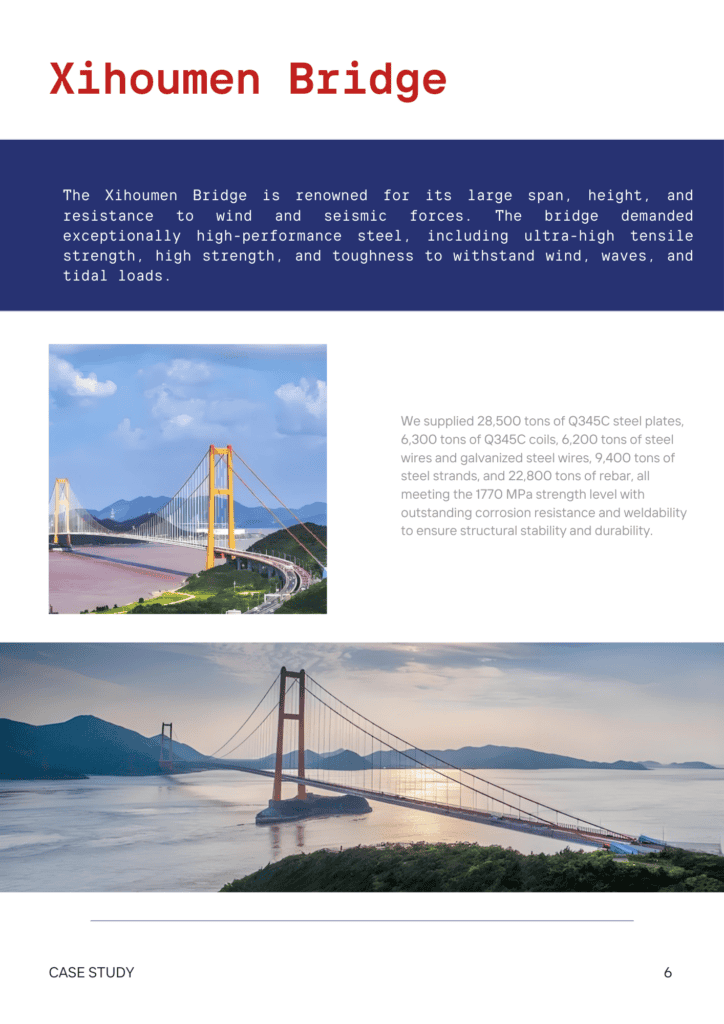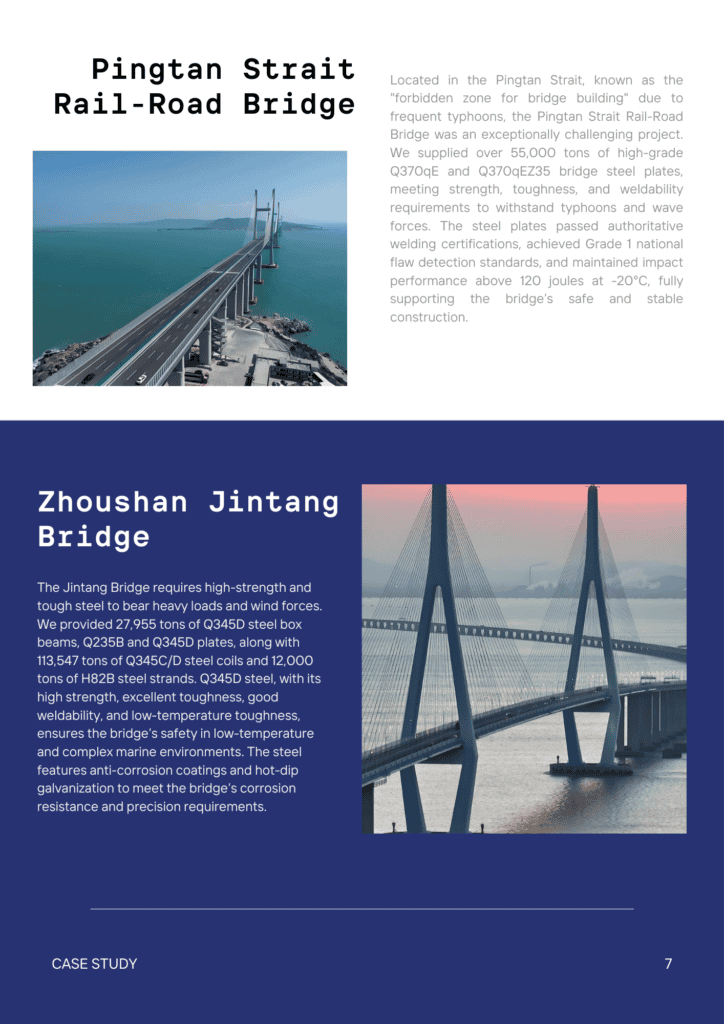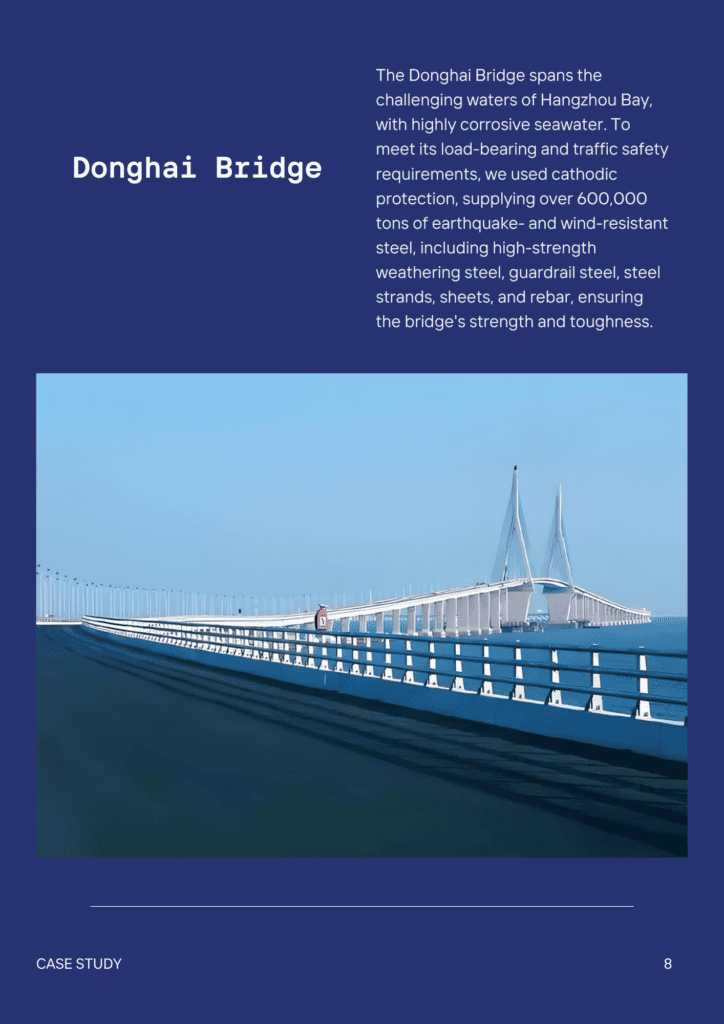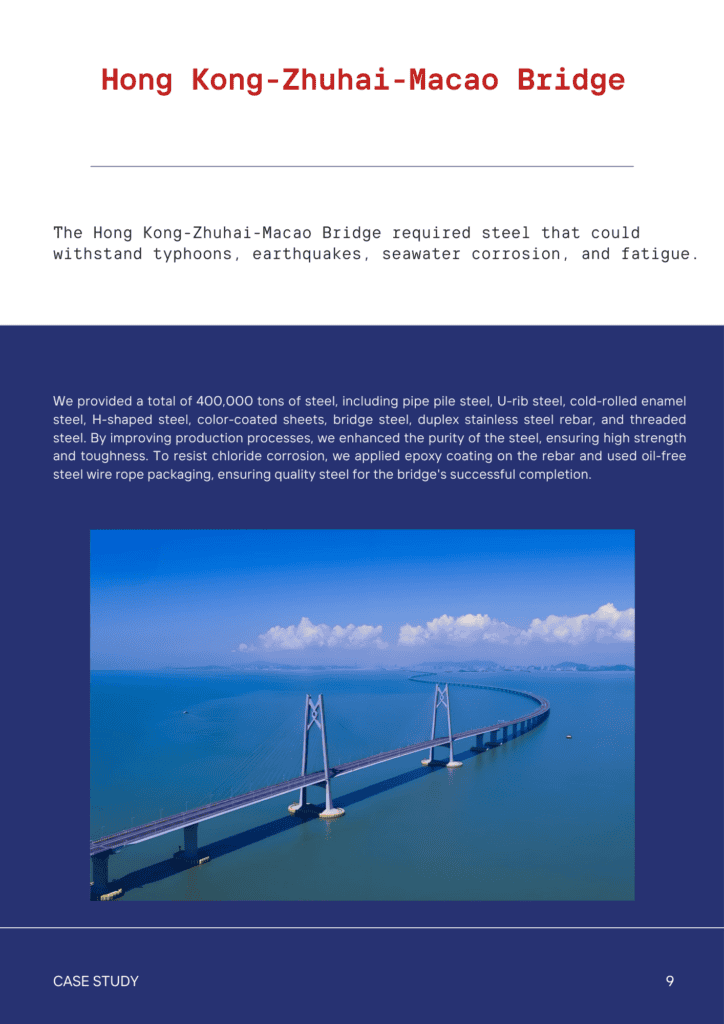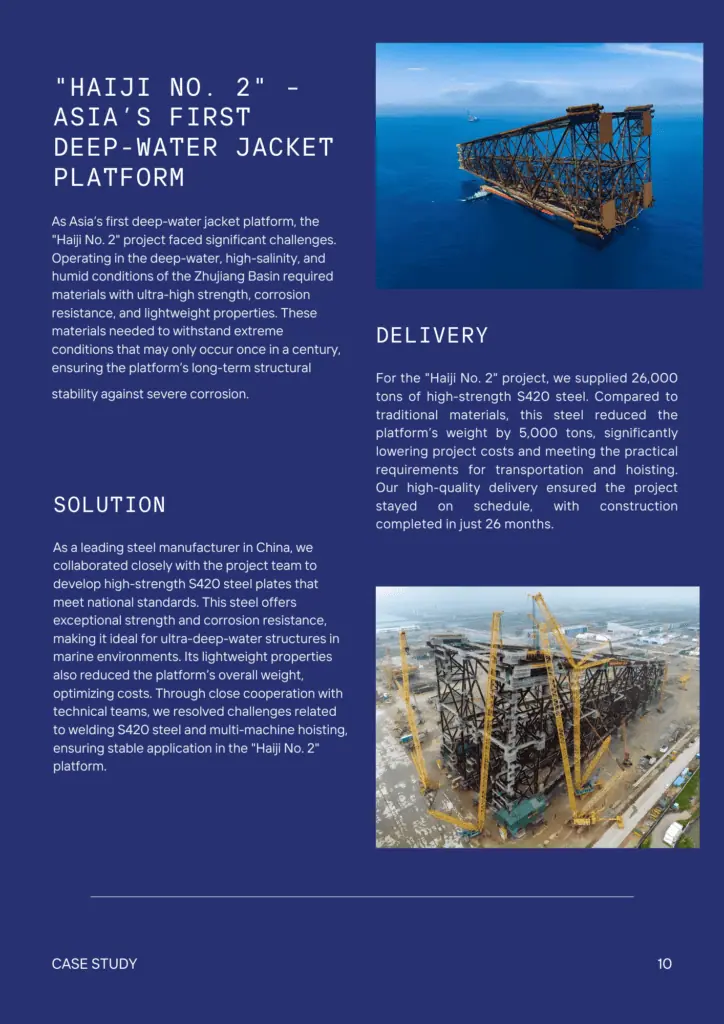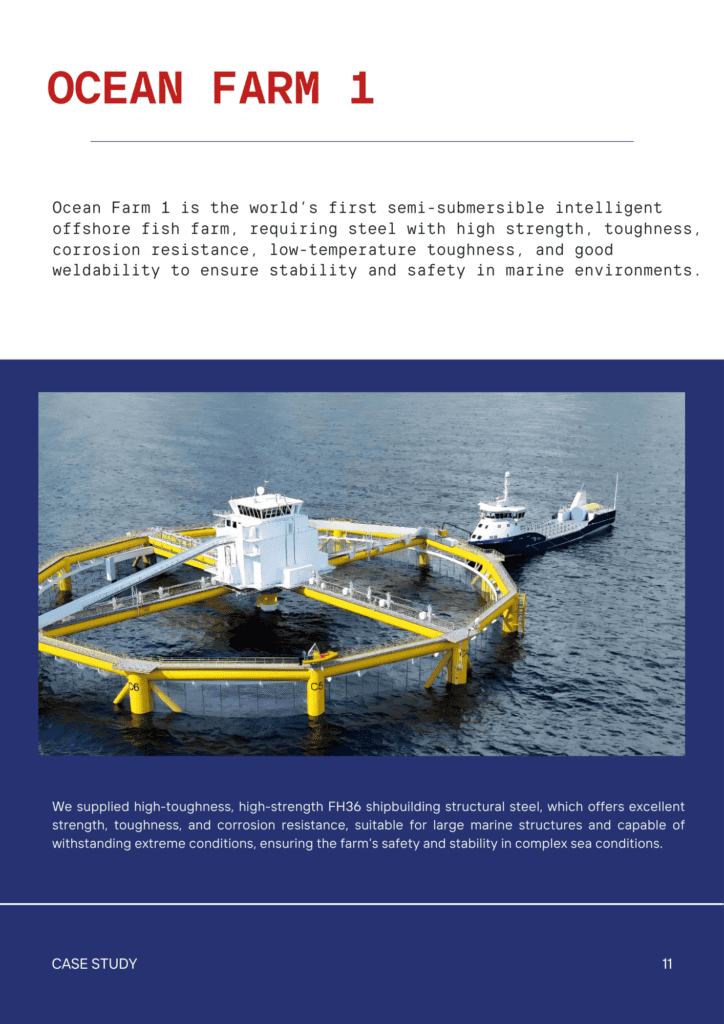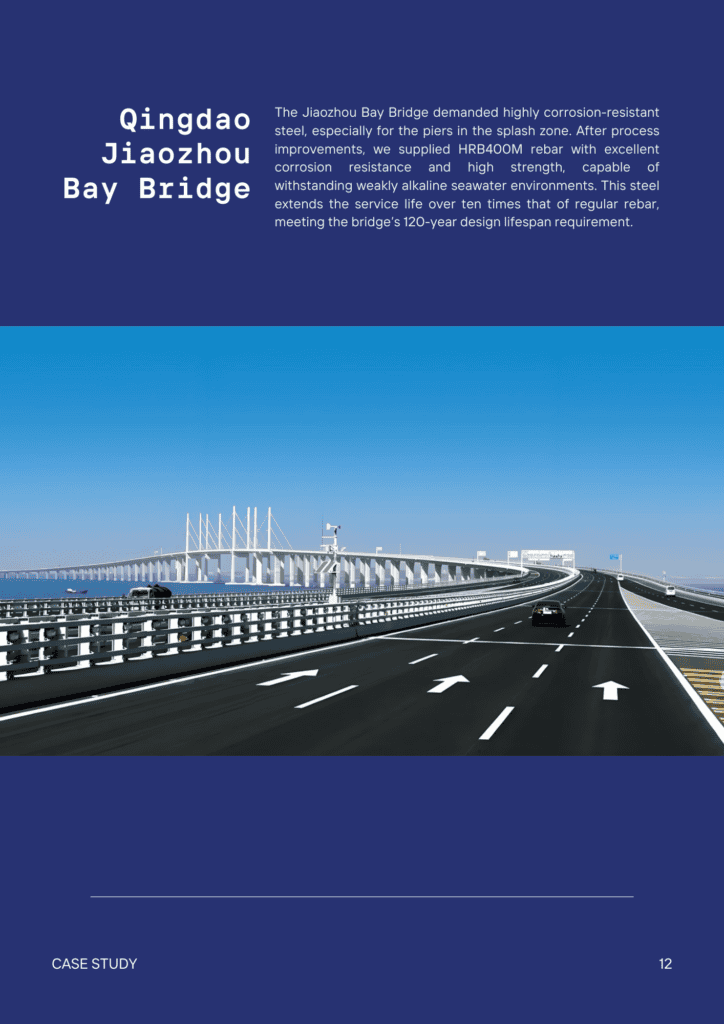Contents
Steel Stocks Soar as Trump Takes Office: A New Era for American Steel?
- John
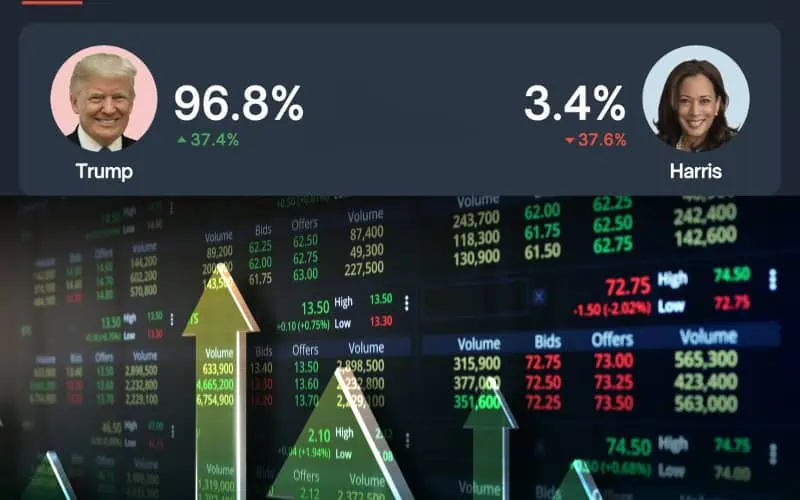
Following Trump’s election victory, the U.S. steel market reacted swiftly, with major steel companies seeing stock surges. Cleveland-Cliffs (CLF.US) rose nearly 16%, Nucor (NUE.US) gained close to 13%, and Steel Dynamics (STLD.US) climbed about 9%. The market response reflects investor optimism that Trump’s administration might strengthen protections for the U.S. steel industry, as his high-tariff stance is expected to drive domestic demand, particularly in infrastructure and import-substitution projects.
Industry Reports and Market Response
Leading steel producers, including Cleveland-Cliffs and Nucor, released statements around the election, highlighting that potential tariffs could significantly support U.S. steel demand. Industry associations also expressed support for protectionist policies, asserting that tariffs would provide American producers with a competitive edge and help protect jobs within the steel sector.
Policy Impact
Trump’s proposed tariffs on downstream steel products, such as machinery, household appliances, and electric vehicles, are likely to encourage domestic steel sourcing, potentially benefiting the U.S. steel industry. However, higher tariffs could also increase consumer costs and inflation, posing challenges for American manufacturers in the long term.
Economic Impact
While Trump’s policies may boost initial demand for U.S. steel, Susannah Streeter from Hargreaves Lansdown noted that tariffs could drive inflation, impacting steel production costs and increasing expenses for U.S. manufacturers.
Corporate Strategies
With the potential tariffs on the horizon, companies like Nucor and Cleveland-Cliffs are expected to focus on enhancing their market positions domestically. For Cleveland-Cliffs, aligning with anticipated infrastructure projects could help secure stable demand, while Nucor’s investment in product quality is a proactive approach to strengthening its competitive edge. If tariff policies become more entrenched, we may see a shift in U.S. steel companies emphasizing domestic quality over international competitiveness.
Future Trends
While Trump’s policies might provide a short-term lift, the steel industry’s future will largely depend on broader global trade responses. Retaliatory tariffs from trade partners could further complicate export opportunities for U.S. steel. As production costs and supply chain expenses rise, U.S. steel companies may face mounting pressure to innovate, possibly by diversifying into new markets or focusing on high-quality specialty products to maintain relevance in a competitive global landscape.
Summary
Trump’s tariff policies are anticipated to bring nuanced effects to the U.S. steel market. Short-term, they provide a boost in demand and prices, offering growth opportunities. However, rising costs, inflationary pressures, and potential trade tensions could limit these gains, requiring strategic adjustments from U.S. steel producers. The challenge lies in leveraging protectionist gains while avoiding the pitfalls of reduced global competitiveness.



